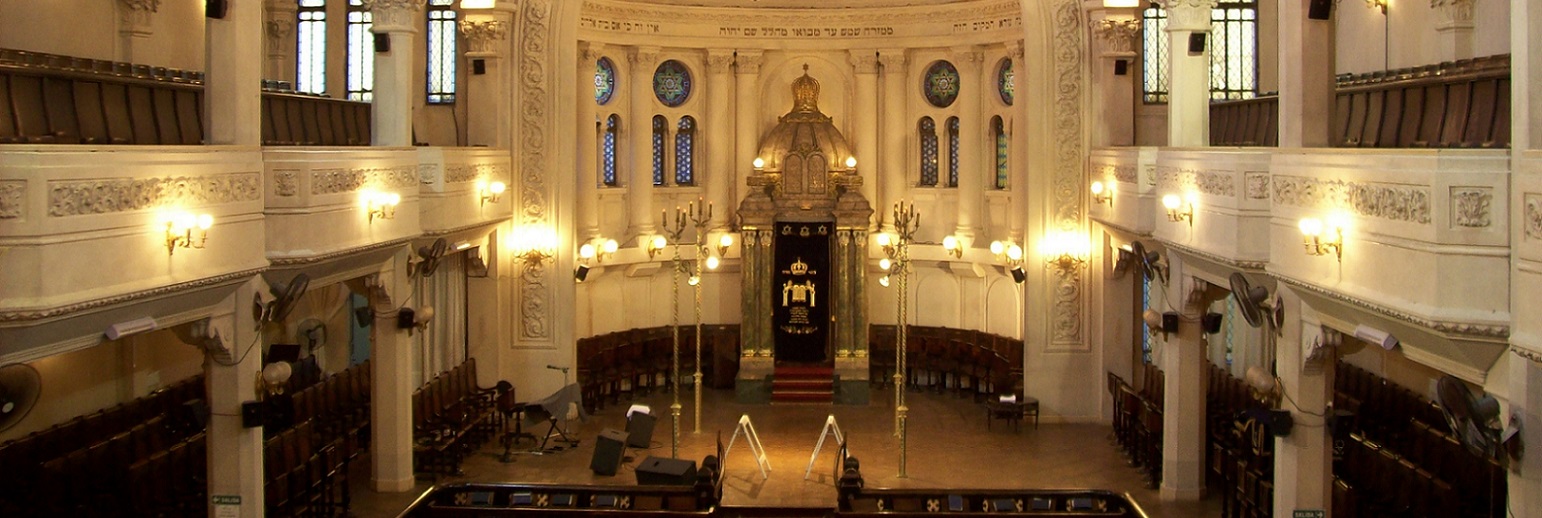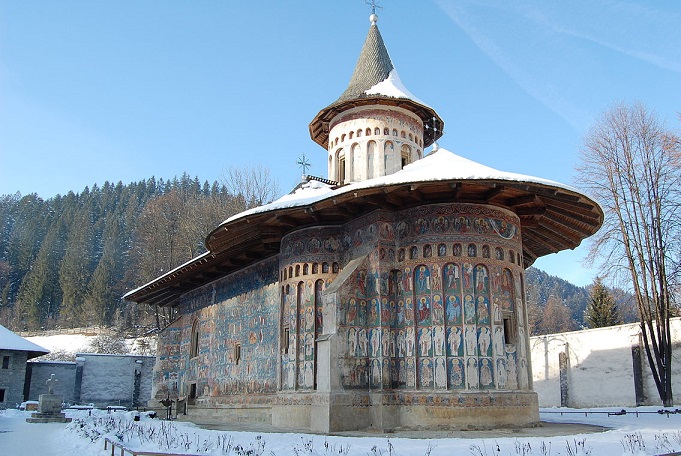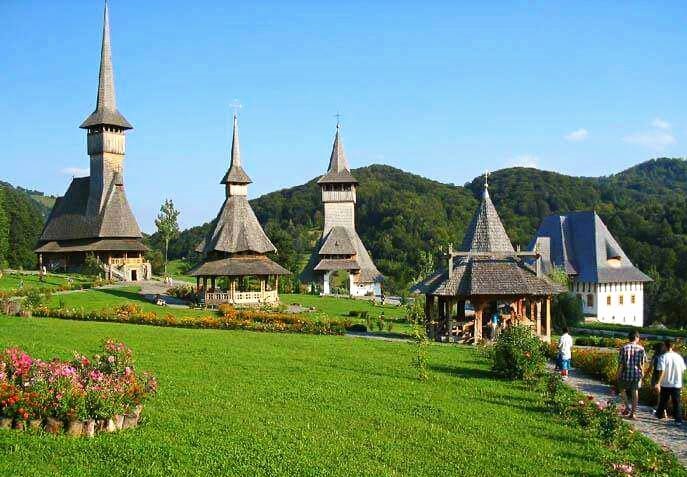The beauty of the Romanian monasteries is impossible to quantify, each place of worship being load with history and spirituality. Most of the monasteries were built by the Moldavian rulers for the salvation of the soul and as a sign of gratitude for the battles won.
Voronet Monastery
Voronet monastery is one of the most popular monastery in Romania, unique in the world due to the color in which it was painted. Monastery was built in 1488 and represents the most important foundation of Stephen the Great. This monastery was called in the past “The Sistine Chapel of the East” for „The Last Judgment Fresco” which was painted with the famous „blue of Voronet”. In 1993, Voronet monastery has entered UNESCO’s patrimony.
- Voronet monastery
- Voronet monastery
Prislop Monastery
The Prislop Monastery is also one of the most beloved places, because thousands of people come here to pray on the Arsenie Boca tomb. Some people said that prayers told with great faith to the tomb can turn prayers into reality. The Bishop served at the monastery from 1948, after being moved from the Brancoveanu Monastery in the Fagaras Mountains.
Curtea de Arges Monastery
The construction of the Curtea de Arges Monastery began in 1514, following Neagoe Basarab’s desire to build here an original place of worship.
In his youth, Neagoe Basarab studied in Italy and Constantinople. In Constantinople he successfully managed the construction of a mosque. The Georgian and Armenian architectural style can be reconciled to the monastery, perhaps due to the chief mosque builder of Armenian origin.
Near the Monastery is a spring called „Manole Fountain” by the locals. The legend says that Manole has built his wife in one of the walls of the Monastery in order to complete the impressive construction. Curtea de Arges monastery also has a role of necropolis for the royal family in Romania.
Putna Monastery
Putna Monastery is the most important place of worship created by the Moldavian ruler Stephen the Great. He was buried in Putna Monastery in 1504, after leading the country for 47 years and three months. The Treasure Tower is the only monastery building that has remained unchanged since the reign of Stephen the Great.
Inside the Putna Monastery there is also the Bell Tower and Eminescu’s Tower, the name given to the building where, in 1871, the greatest Romanian poet spent several nights. Eminescu is the one who called the Putna Monastery – Jerusalem of the Romanian Nation.
Cozia Monastery
Cozia Monastery is one of the oldest monasteries in the country, being the foundation of ruler Mircea cel Batran.
In the early 1500s the fountain was built in the courtyard of the church. The spring water is sanctified on Epiphanya day, being offered to people as a holy water. Many of the tourists who go to Cozia throw money into the well in the hope that their desires will be fulfilled.
Barsana Monastery, the symbol of Maramures
Barsana Monastery fascinates through architecture, being the highest wooden construction in the world, measuring a height of 57 meters.
The monastery had a tumultuous history. It dates back to the time of Dragoş ruler. In 1791 the monastery was seized and destroyed by the Habsburg Empire. It was rebuilt in 1993.
- travel to romania
Ask your questions at: info[@]visit-romania.eu – please remove the square brackets

 English
English French
French







